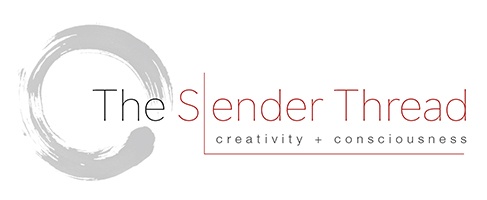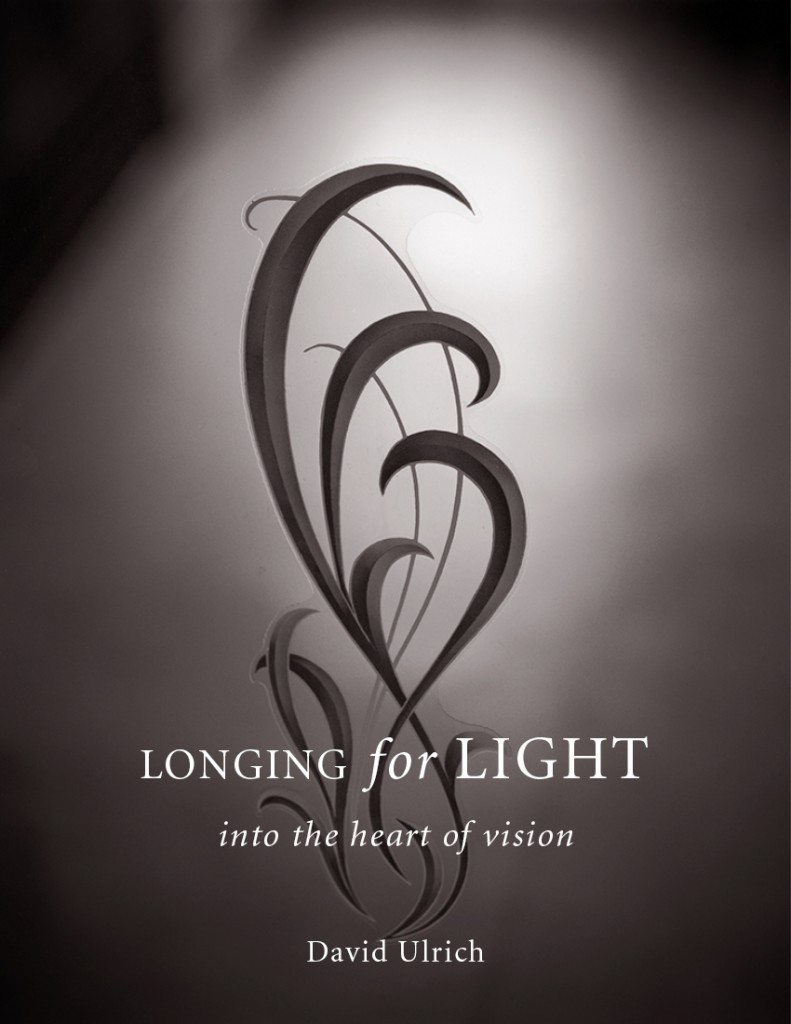________________________________________________
Sight is faculty; seeing, an art.
—George Perkins Marsh
I lost an eye so I might learn to see.
What make this all the more striking is that I’m a photographer and someone who savors sight. I love art and the sheer visuality of the world. Herein lies the paradox. I’m highly attuned to visual perception and quite well educated in the physiology, purpose, and pleasure of seeing. And I’m half blind.
Our greatest strengths and most challenging obstacles often lie adjacent to one another. There is something of an axis of opposition between our gifts and our fears, a region of vibrating tension. They are two ends of the same stick. Here on this particular axis is the ground of our lives where we have something to learn and something to give, both together as one. Often, I have questioned: Why did I need to suffer such a traumatic injury, removing part of my sight, to help deliver me to a new state of realization and understanding. I’ll never know the answer, but as a photographer I’ve lived this question for thirty years now.
Many of the questions and passionate interests that occupy my attention are related to seeing. Not just the seeing of our eyes, but the form of sight that involves the whole person and might be better known as awareness, or in its deepest form, consciousness. I have been struggling to write about these matters for years, as I am struggling now. These are difficult concepts and subtle experiences to articulate with mere words.
A clear intuitive insight persisted when losing my eye; that the experience would help others as well as myself. How strange, I thought. How can I think of others in the midst of my own trauma? But this insight thrust itself into my consciousness. It wasn’t until I began to write books in the late 1990’s when I recognized that writing, not just photography, may be the means through which I might offer the results of my experiences. The creative discoveries I have made and the challenges I face are here, on these pages, in a manner that I hope helps you, the reader.
In recent years, a spate of memoir/essays have been published that relate to this dynamic of one’s unique axis of gifts and challenges. Fate can hold a greater intelligence than our rational minds can bring to bear. And providence may very well give us what we need both for our own development and for what we may contribute to the world. Gurdjieff claims that fate affects the individual within the context of his or her place within the collective field. Our experiences and insights are not for ourselves alone.
Isn’t it a remarkable coincidence that Jill Bolte Taylor, a brain scientist, would have a stroke and be given the opportunity to study it first hand as it was happening? Her experiences gave us the memoir and highly popular TED talk, A Stroke of Insight. Similarly, it’s uncanny that Neurologist Oliver Sacks would lose sensation and feeling, indeed most all neurological impulses in his leg from an injury, making it seem dead to his perception and body-image. His well-articulated experiences gave us his instructive memoir, A Leg to Stand On. And why did I, an established photographer and teacher of visual perception, need to lose an eye?
Are these mere coincidences, or are we, by virtue of our identity and being, predisposed towards certain kinds of experiences that we need, that can inform our life studies—that are given us by fate?
I have decided to give shape to my experiences and discoveries in the form of a memoir essay. The danger of memoir is that it can all to easily slide into narcissistic solipsism that neither benefit the larger needs of the writer or reader. Jill Bolte Talyor and Oliver Sacks used their particular experiences to shed light on vaster, more universal aspects of the human condition than their personal lives—as I would hope to do also.
Bill Clinton has expressed concern that his memoir might be uninteresting and self-serving. He remarked that he wanted his book to be interesting and self-serving. This is the goal I hope to keep in mind. Memoir writing cannot help but be self-serving, but I want it to be interesting and illuminating to others. I learned many things about life and vision through losing an eye. I view the expansion of consciousness that took place through this traumatic experience as a piece, maybe even a good size chunk, of my legacy that I wish to share. The education of any one of us can be become an education for all of us, if we view ourselves as an integral part of the human family. Paul Theroux meditates on this phenomenon: “There is a paradox… the deeper I have gone into my own memory, the more I realized how much in common I have with other people. The greater the access I have had to my memory, to my mind and experience …the more I have felt myself to be a part of the world.”
The book is divided into two parts. Part one traces my experiences with regaining sight instigated by the loss of my right dominant eye in an impact injury in 1983—and the incidents that frame it. In this section, I narrate the event and follow its threads through the years of recovery and fragile healing. I also highlight my experiences covering the Kent State massacre as a young photojournalist and the great difficulties I found with the aim of impartial seeing. And I will share a comprehensive teaching I received from well-known photographer Minor White on vision and awareness that took place years before my accident.
Part two is a series of essays on seeing and awareness, many of them inspired by what I was forced to face, the lessons that were thrust upon me by losing an eye. The essays are about learning to see and opening to the resonant potential of sight. I am writing from the perspective that the education of vision is woefully inadequate in our culture; in fact, unless you take art or drawing classes, it doesn’t exist at all. We never really learn how to see, as either children or adults.
Please use these pages as a catalyst to stimulate your own explorations. Ask questions — do not attempt to draw conclusions. Let your experiences unfold. Learn. Let your seeing grow, evolve, and inform you in ways, that at this time, you cannot yet imagine.
We have only just begun to see.

